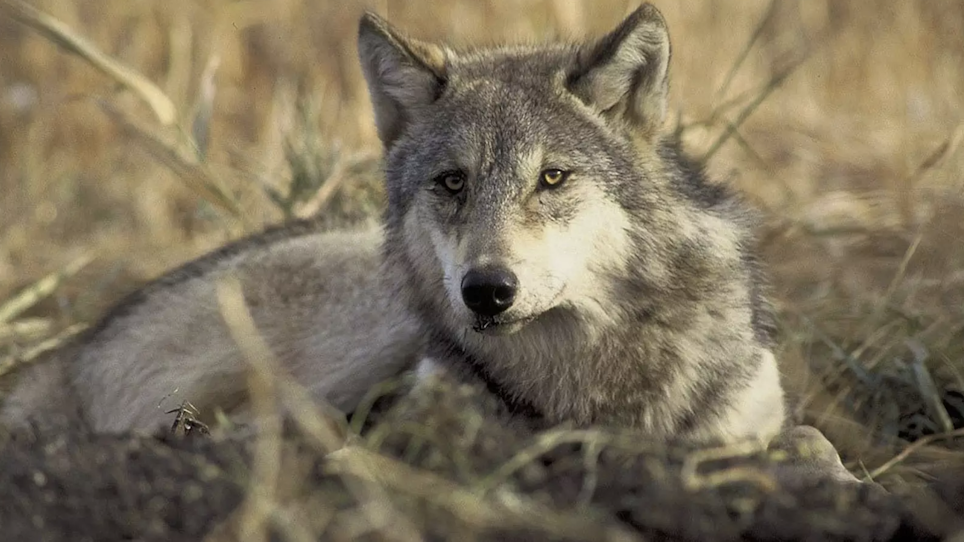Federal officials have begun the process to remove gray wolves from Endangered Species Act protection, drawing mixed reactions nationwide.
The process began in summer 2018 when the U.S. Fish & Wildlife Service said it would attempt to delist the wolves. The official announcement in The Federal Register includes public comment opportunities.
The Superior Telegram reported on the controversial decision by the Trump administration. Three previous presidents — Clinton, Bush and Obama — attempted to delist wolves. Anti-hunting groups, wolf protection organizations and others lobbied against any removal; judges agreed in several cases and kept wolves on the protected list.
Wolves have been at the center of a fight for more than 150 years in and out of courts, pitting Native Americans and now anti-hunting or wolf protection groups against livestock farmers, hunters and those urging states rights. If the Trump administration is successful in delisting, state wildlife agencies would have authority over hunting and trapping regulations.
Jamie Rappaport Clark is president and CEO of Defenders of Wildlife. She was director of the U.S. Fish and Wildlife Service under President Bill Clinton from 1997-2001. She told The Associated Press that her group and others wanting wolves to remain on the ESA list believe there will be an “all-out war on wolves” if the plan advances.
“We don’t have any confidence that wolves will be managed like other wildlife,” she said.
Livestock farmers welcomed the news and are urging delisting in this attempt.
Agri-Pulse.com reported that Jennifer Houston, president of the National Cattlemen’s Beef Association, and Bob Skinner, president of the Public Lands Council, said in a joint statement the proposal is long overdue. “Science has long shown the species had reached stable population levels,” they said.
The site also noted a positive outlook from Rep. Dan Newhouse, R-Wash.
“We can see in Washington state that the wolf population is growing quickly while being effectively managed by the Washington Department of Fish & Wildlife in the eastern third of the state,” he said.
USFWS officials say the wolves have recovered enough to be delisted, though. Congress removed protection in 2011 for wolves in Idaho and Montana, and in 2017 for those in Wyoming. Wolves most greatly impacted with the current attempt would be those in the Great Lakes states — Minnesota, Wisconsin and Michigan — and other states where wolves have been confirmed or could sustain them.
The gray wolf joins the bald eagle, peregrine falcon, American alligator, brown pelican and 33 other species of animals and plants in U.S. states, territories and waters that have been brought back from the brink with the help of the ESA. Countless more have improved or stabilized.
The gray wolf has already been delisted in the Northern Rocky Mountains. The states of Wyoming, Montana, Idaho, Oregon and Washington have shown their ability to manage this delisted wolf population responsibly so that it remains healthy and sustainable. Populations in Michigan, Wisconsin and Minnesota are also strong and wolves have begun to expand into northern California and Western Oregon and Washington.
In total, the range-wide gray wolf population stands at more than 6,000, exceeding the combined recovery goals for the Northern Rocky Mountains and Western Great Lakes populations.
Public comment on the proposal must be received by May 14, 2019, and all comments will be posted on http://www.regulations.gov. This generally means any personal information provided through the process will be posted. Comments may be made electronically here and then clicking the Comment Now button.






